In the field of nutrition, there is a lot of controversy about which specific foods and which specific diet is best for athletes. The diet than an athlete chooses depends on their body type, sport they play, activity frequency and intensity, what I call their food values.
Since there are so many variables to consider, there isn’t a diet that works for every individual athlete. There are also certain foods that may benefit one athlete’s performance but impair another so it’s up to you to figure out what foods do what in your body.
Regardless of the eating philosophy you choose whether you’re plant-based, meat based, vegetarian, vegan, paleo, keto, clean eating, gluten-free, dairy-free – there are some general nutrition principles that do apply to all athletes.
Check Out: Eating Philosophies
These principles allow for flexibility in the specific foods you choose to consume on a daily basis, and before, during and after training, practicing and competing. These fundamental principles of sports nutrition are based on science and can be refined based on personal goals and experience.
1. Energy management
The human body primarily creates energy from 2 different macronutrients – fats and carbohydrates. The number of calories that you consume in the form of fats and carbohydrates depends on a few things.
Also Read: 5 Hacks to Manage Your Energy Not Your Time
First, it depends on your energy expenditure (or energy demand) which is determined by your age, gender, and level of activity. Your energy expenditure will be less on rest days than on heavy training days. To determine your energy expenditure or your total daily calorie needs that will support your energy demand, click here.
2. Protein Management
The timing, type and amount of protein is an important part of nutrition for athletes because amino acid replenishment is crucial for supporting muscle tissue but also for almost every biological function in the human body.
Also Read: What is considered a high-quality protein?
Amino acids, the building blocks of protein, are used for structure of all cells and tissues but also important for the creation of hormones, neurotransmitters and enzymes which the body heavily relies on to function optimally. Your cells actually have these tiny little reservoirs of amino acids call amino acid pools.
The protein that you consume in your diet is digested, broken down into amino acids and absorbed through your intestines. Some of them are shipped off to cells and used right way while others are stored in these pools. Any metabolic process that requires amino acids and doesn’t have easy access to them will pull from these reservoirs to carry out their function.
Athletes have a higher amino acid demand than non athletes because they are pulling from these amino acid pools more than non athletes, and therefore need to consume more protein to make sure they those reservoirs are filled back up. You can also try out some collagen supplement for your muscles. Read more about it here.
When it comes to protein management the amount of protein is important to make sure you’re supporting your body’s need for it, and also ensuring that you’re consuming protein when your body needs it most (which is after exercise or while healing from an injury), but the type of protein you consume matters, too because not all protein contains the same mixture of amino acids.
Also Read: 3 Must-have Protein Supplements and Why?
There are 20 different amino acids that are required by the body to function optimally. Some of these can be made by the body using other amino acids, but others cannot be made and therefore need to be consumed through the diet. The best way to make sure you’re getting all the required types of amino acids is to make sure that you’re consuming a variety of sources of protein. Animal-based proteins are the best bang for your buck when it comes to amino acids because most animal-based sources contain all of the essential amino acids.
Also Read: Complete Guide to Buying Quality Animal Protein
If you’re a vegetarian, it’s especially important to make sure you’re getting a variety of different types of protein because plant-based sources of protein don’t always include all of the amino acids that the body needs to function.
3. Micronutrient Management
Micronutrients are those nutrients that your cells need in small doses (on the order of milligrams or micrograms) in order to function at it’s best. They include vitamins, minerals and phytonutrients. The best way to make sure you’re getting enough micronutrients in your diet to support your cells is to eat nature-based whole foods like meat, grains, vegetables, fruits, nuts and seeds. I’d also recommend supplementing your whole food diet with a high-quality whole food supplement.
Also Read: 7 Natural Brain Boosting Foods and Supplements
I often get asked for recommendations on the best whole-food based supplements and I have a couple of recommended brands so I’ll link those the episode description. For the most part, athletes have the same recommended micronutrient intake than non-athletes with the exception of iron. Females athletes need more iron to support them than males and non-female athletes.
Vegetarian athletes also have a different iron requirement because iron in plants is not as bioavailable as animal sources (add vitamin C to plant-based sources of iron to boost bioavailability).
4. Fluid and electrolytes management
A hydrated athlete will not only perform better mentally and physically but will also experience better recovery after workouts. Dehydration can initiate the body’s stress response and impact many different systems in the body. When it comes to fluid – make sure you’re getting enough, especially before exercise.
Also Read: 4 Easy Ways to Maintain Fluid and Electrolyte Balance
The best way to determine your hydration status is by looking at the color of your pee. The more yellow it is, the more dehydrated you are. If you are an athlete that sweats a lot during activity, remember that you’ll need to replenish the body with all of the liquid that you lost. I’d also recommend sipping on water during and after a sweaty exercise sesh rather than sweating it all out and then gulping down a lot of water at one time.
If you’re consuming too much water at one time, your body won’t be able to absorb it fast enough and could also lead to stomach discomfort.
5. Inflammation management
Inflammation can show up as skin issues such as acne and rashes, digestive issues like gas and bloating. It can also show up as brain fog and joint pain so avoid foods that you know cause inflammation before and during an important competition.
Also Read: 7 Anti-Inflammatory Foods for Optimum Wellness
You can manage your inflammation by avoiding foods that trigger an inflammatory reaction in your body.
Another way to manage inflammation is by healing your gut by upgrading your microbiome and ensuring that you have normal permeability in your intestinal walls. For more on gut health, click here.
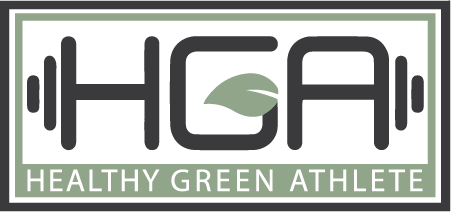

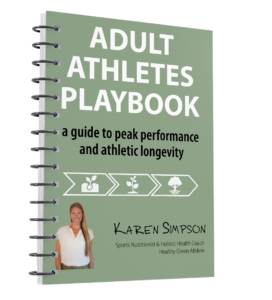

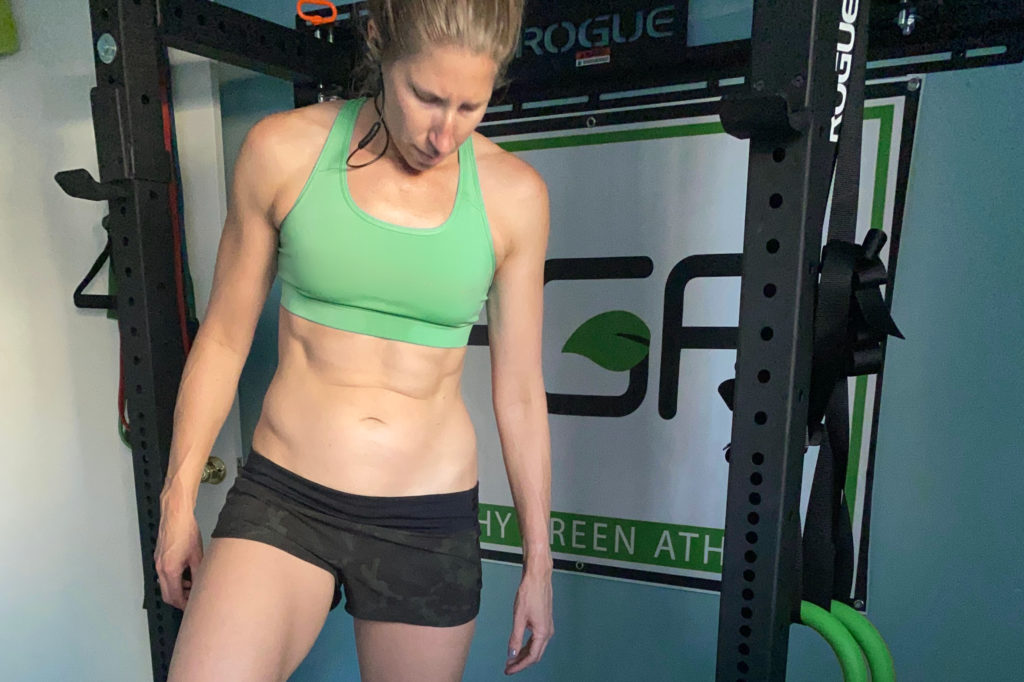

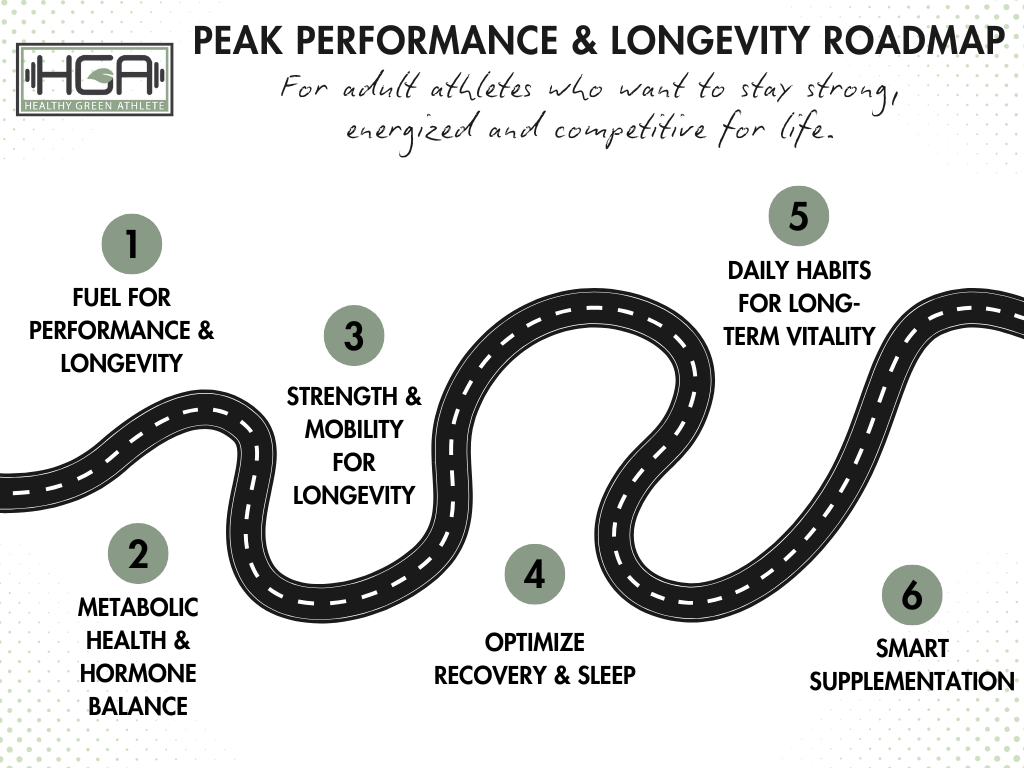


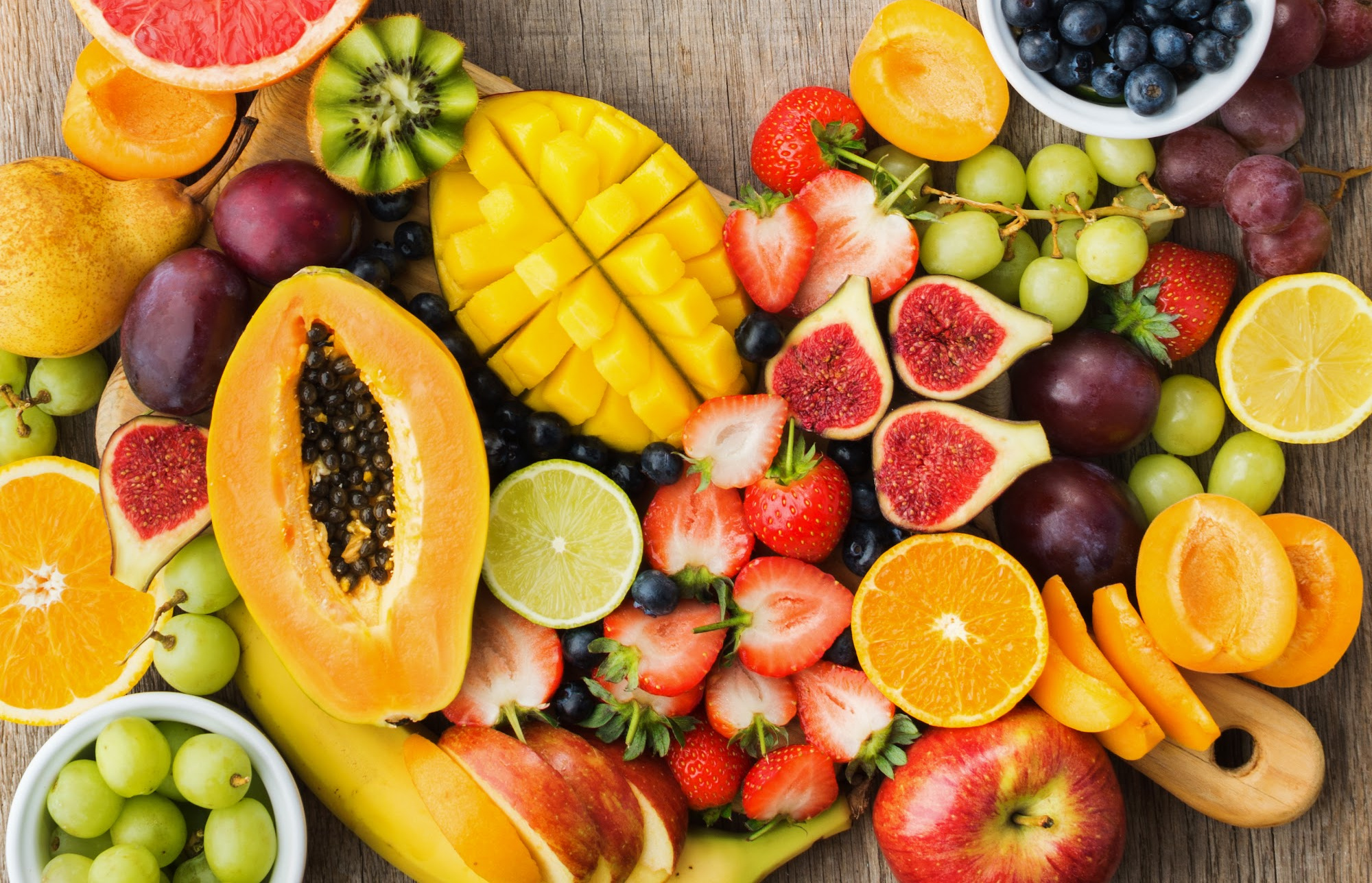
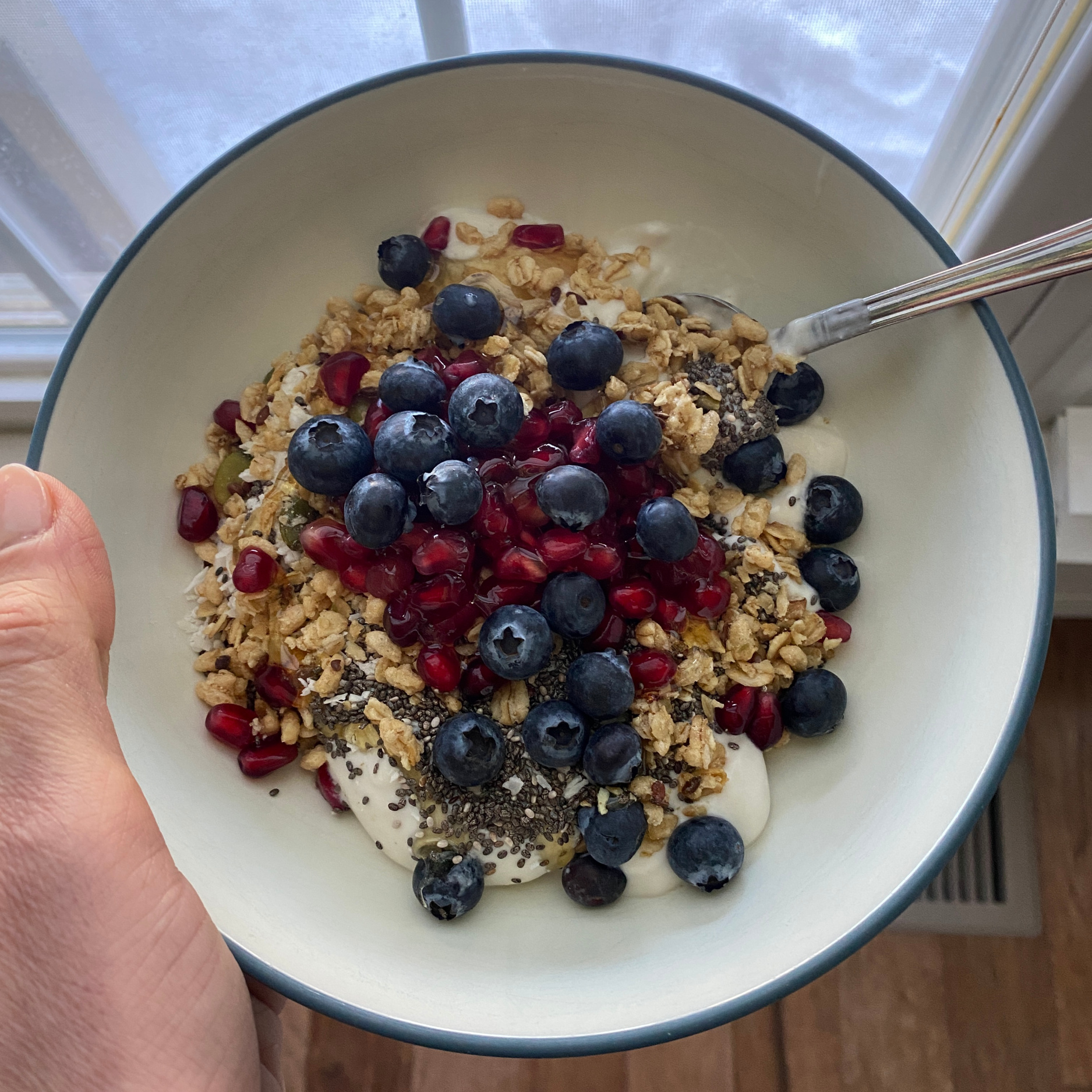


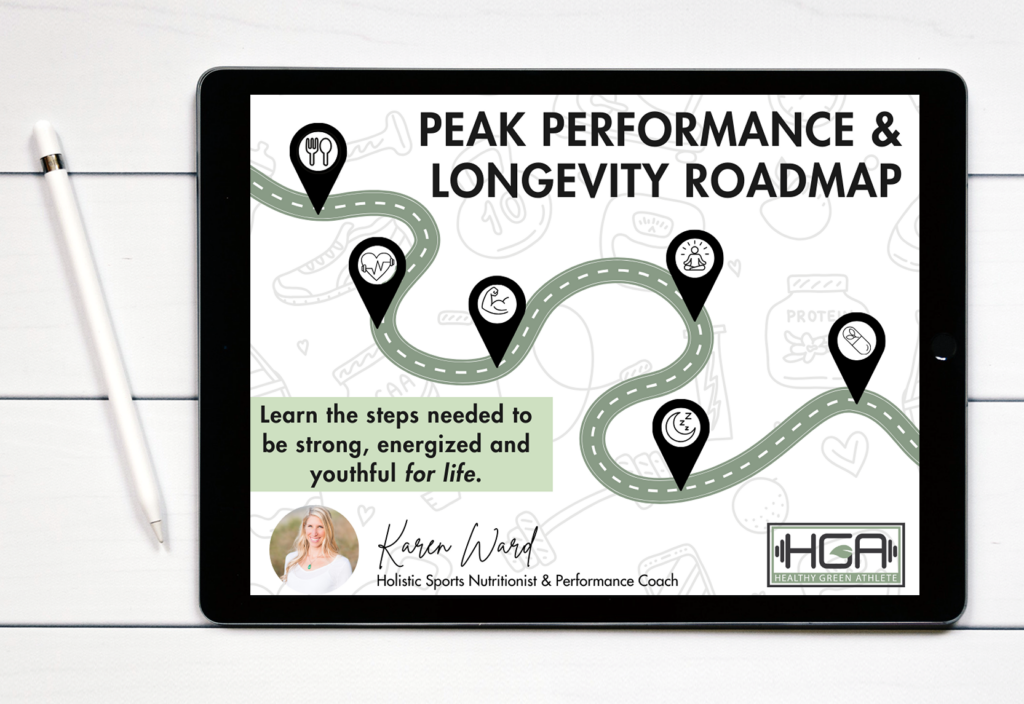
6 Comments
Pingback:
Pingback:
Pingback:
Pingback:
Pingback:
Pingback: